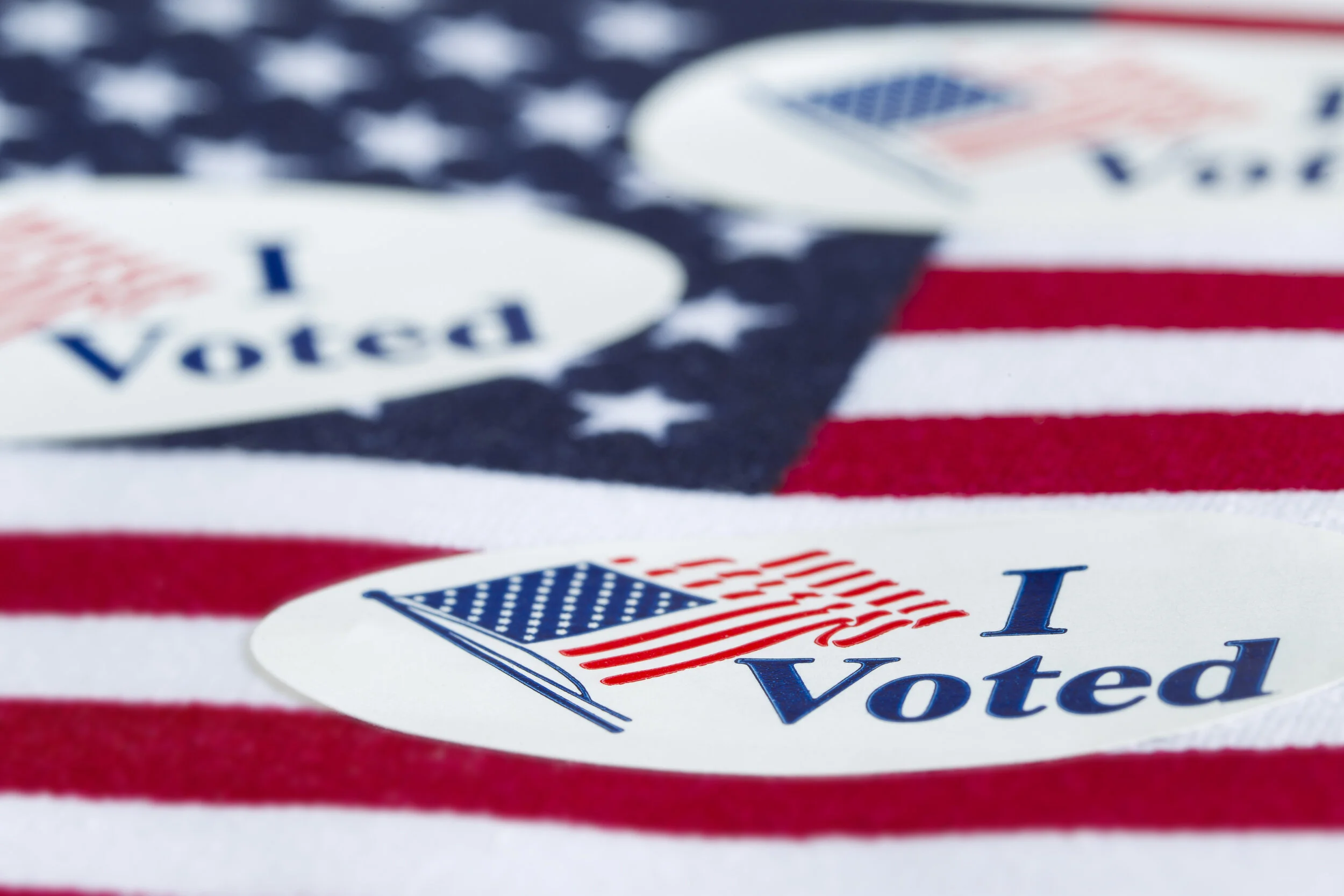Our country’s flawed and destructive presidential election system is on the brink of another serious threat to which little attention is being paid. As you know, Making Every Vote Count has worked assiduously over the past three years both nationally and in specific states to inform the public that this system will increasingly run the risk that the holder of the highest office in the land will not be the presidential candidate who earned the most votes nationwide. Polls show that a clear majority of voters, regardless of political allegiance or state residency, favor reform that would protect against this risk.
The new and additional threat to the system looms in a case to be heard by the Supreme Court on April 28, presumably to become effective for the country’s presidential election eight months from now. In that case, the Court could uphold a ruling by the Court of Appeals for the Tenth Circuit that Colorado can’t require electors to vote for the Presidential candidates for whom they were ostensibly pledged to vote. This is not a hypothetical risk. In 2000, candidate Gore lost the presidential election by two electoral college votes. In 2016, seven electors tried to cast their ballot for a candidate other than the one to whom they were pledged. In the future, if the above two scenarios merged, a handful of “faithless electors,” who in at least 40 states are not identified on the presidential ballot, could singlehandedly overturn the country’s election results.
On Monday, March 9, MEVC filed a friend of the court brief pointing out the risks involved and the need for states to adjust their presidential election systems, laws and processes in time for this fall’s presidential election to take into account the Court’s decision, whatever it may be. MEVC’s brief does not take a position on the merits of the Colorado or the other faithless elector case in the state of Washington that prompted the Supreme Court to take on this issue. But looking forward to the 2020 presidential election and depending on the Supreme Court’s decision, most states could have to modify their voting processes between now and some adequate period before the election takes place to adjust their presidential election systems accordingly.
MEVC’s brief urges the states to consider adopting a system that give voters the opportunity to cast their votes in favor of their preferred candidate in the tally of the national popular vote but also to direct that their votes be counted for the winner of the national popular vote in their states’ allocation of their college votes if their preferred candidate does not win that vote. MEVC’s friend of the court’s brief also cites a recent national poll that it commissioned Claster Consulting to conduct. The poll shows that 65% of Americans want this option on the presidential ballot and that only 23% don’t.
Many prognosticators predict a close election this fall, with the possibility that one candidate might lose the popular vote by 8 million votes or more and still win the electoral college – a result that would further undermine the legitimacy of our government. For the reasons summarized in MEVC’s brief to the Supreme Court, addition of this proposed voter option to the ballot even in only a few states could save the country from a chaotic election decided by a fluke wholly at odds with the country’s basic principles of good government. For further elaboration of the quagmire that could occur in the presidential election this fall unless states take effective remedial action, see the Boston Review article here, authored by MEVC’s co-founder, Chairman and CEO, Reed Hundt.

